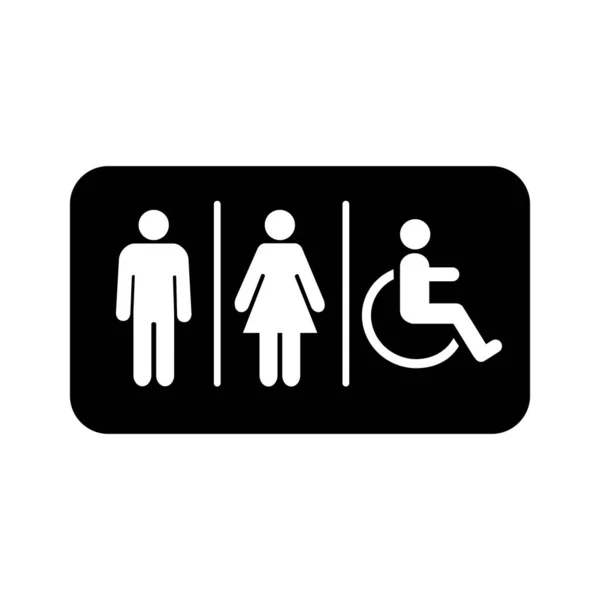For many, access to clean and functioning public toilets is a daily challenge that not only compromises their health but also erodes their dignity.
In urban centers like Bulawayo, the scarcity of well-maintained public restrooms has left residents and visitors alike searching for solutions in increasingly desperate circumstances.
Many public toilets in the city are poorly maintained or ‘unpleasing’ to use while the few that are clean by the Bulawayo City Hall, one has to pay to access them.
This situation has forced some people to resort to open defecation or using unsafe alternatives, worsening public health crises.
“Public toilets should be safe spaces where people can meet a basic human need with dignity,” said Dr Khanyile Mlotshwa, a critical studies scholar
“But what we face here are filthy facilities, that force people to risk their health by using other options. Ask yourself where the scores of traders operating on the streets go.”
The lack of access to public toilets not only exposes people to diseases but also poses environmental threats.
Human waste contaminates water sources and public spaces, creating breeding grounds for diseases.
According to health experts, Zimbabwe’s sanitation crisis has contributed to the spread of ‘medieval’ diseases, including cholera, which claimed hundreds of lives during recent outbreaks.
“Sanitation is a cornerstone of public health,” said Dr Themba Bulle, a General Practitioner in Australia.
“When people don’t have access to clean toilets, the risks extend beyond individuals to entire communities.”
According to Dr Mlotshwa, another major hurdle is the imposition of fees to access public toilets.
“Being charged for using a toilet is not just unjust; it’s inhumane,” he said.
His views were buttressed by an informal vendor in Bulawayo.
“Imagine being denied because you don’t have coins,” said Gracious, a young female vendor who sells samoosas at the 5th Avenue market.
Gracious’s views show that the lack of public toilets disproportionately affects women, who face not only health risks but also safety concerns.
In September 2020, an unidentified woman from Fort Rixon who had come to buy goods for resale was electrocuted at a Bulawayo ZESA substation between Robert Mugabe and George Silundika, along 5th avenue, where she had entered to relieve herself.
The ZESA substation is located in a sanitary lane within the city centre.
“Access to sanitation is a basic right, but for women, it’s also a matter of safety and dignity,” Dr Mlotshwa.
“Without proper facilities, women are left vulnerable to such dangers.”
As a result, the Zimbabwe Lawyers for Human Rights (ZLHR) urged the government and local authorities to address this crisis.
On World Toilet Day, commemorated on November 19, the human rights lawyers highlighted the right to sanitation is enshrined in Zimbabwe’s Constitution and called for urgent investment in public toilet infrastructure.
In a statement issued to mark the day, ZLHR emphasised the critical need for access to hygienic and dignified public toilets, which are essential for safeguarding public health, human dignity, and environmental sustainability.
“Access to safe sanitation, which is an essential service that often goes overlooked, is not only a matter of convenience but is a cornerstone of social and economic development,” ZLHR stated.
“The right to sanitation entitles everyone to have physical and affordable access to to sanitation, in all spheres of life, that is safe, hygienic, secure and socially and culturally acceptable, that provides privacy and ensures dignity. Access to water supply and sanitation is a human right and a central element for poverty reduction and improved well being of people.”
ZLHR lamented the negative health implications of poor sanitation, citing the country’s recurrent cholera outbreaks that disproportionately affect vulnerable groups, including women, children, and persons with disabilities.
“Shockingly, some local authorities are notorious for levying a so-called ‘tissue fee’ for users, while those who cannot pay are turned away and denied access to toilets,” the organisation noted.
“Such conduct not only breaches people’s right to dignity but also exacerbates environmental degradation.”
ZLHR urged local and central government authorities to make sure that all citizens have access to safe, secure, and dignified sanitation services, irrespective of circumstances.
The human rights lawyers highlighted the constitutional obligations enshrined in Section 51 (right to dignity) and Section 53 (freedom from inhuman and degrading treatment), as well as provisions under the Urban Councils Act mandating local authorities to provide public sanitation facilities.
“To ensure sanitation for peace and to make toilets a place for peace, ZLHR implores authorities to immediately cease the practice of demanding fees or tissue payments for access to public toilets,” the organisation added.
The human rights lawyers group recommended prioritising budget allocations for sanitation infrastructure, repairing existing facilities, and fostering a culture of public health awareness.
ZLHR also called for investments in durable sanitation systems to provide safety and dignity of users nationwide.

